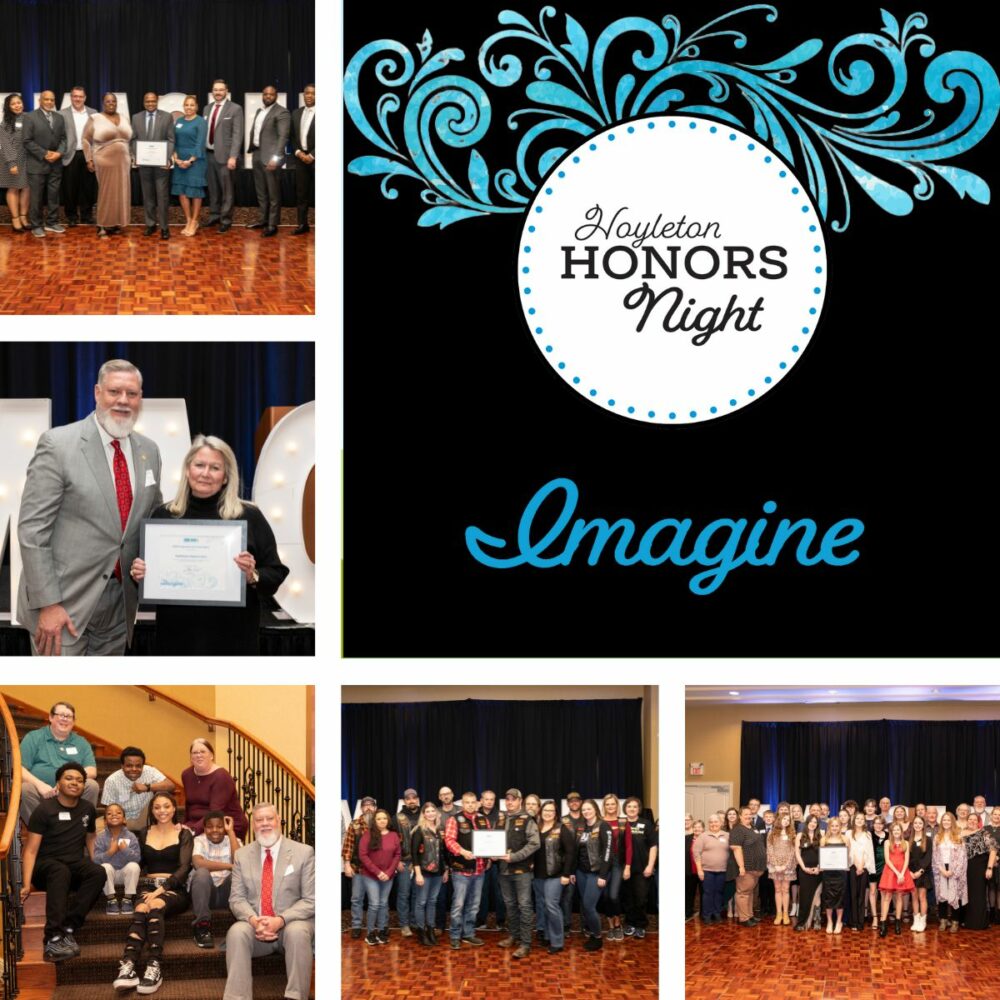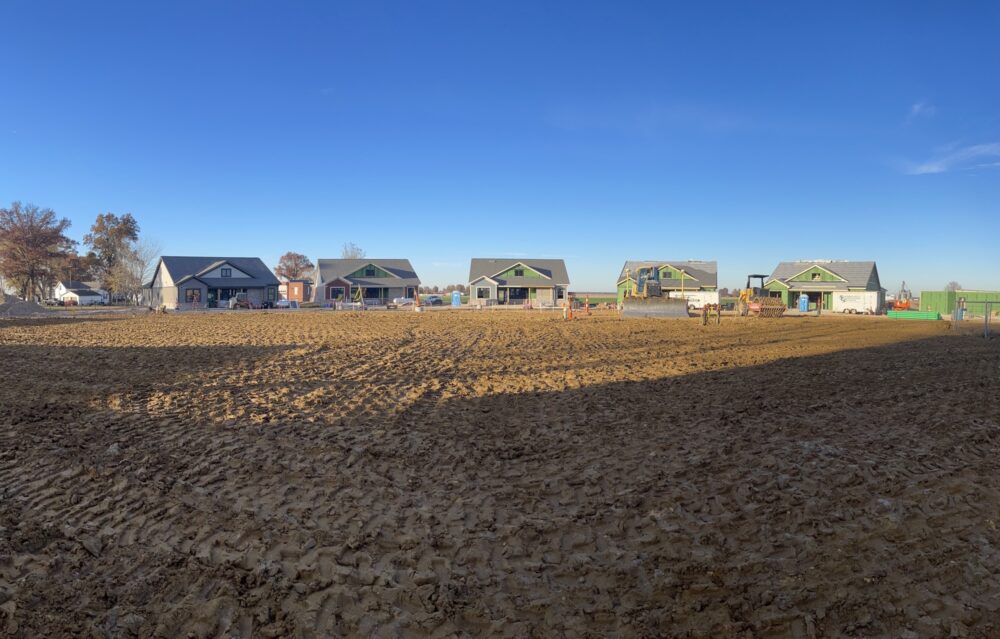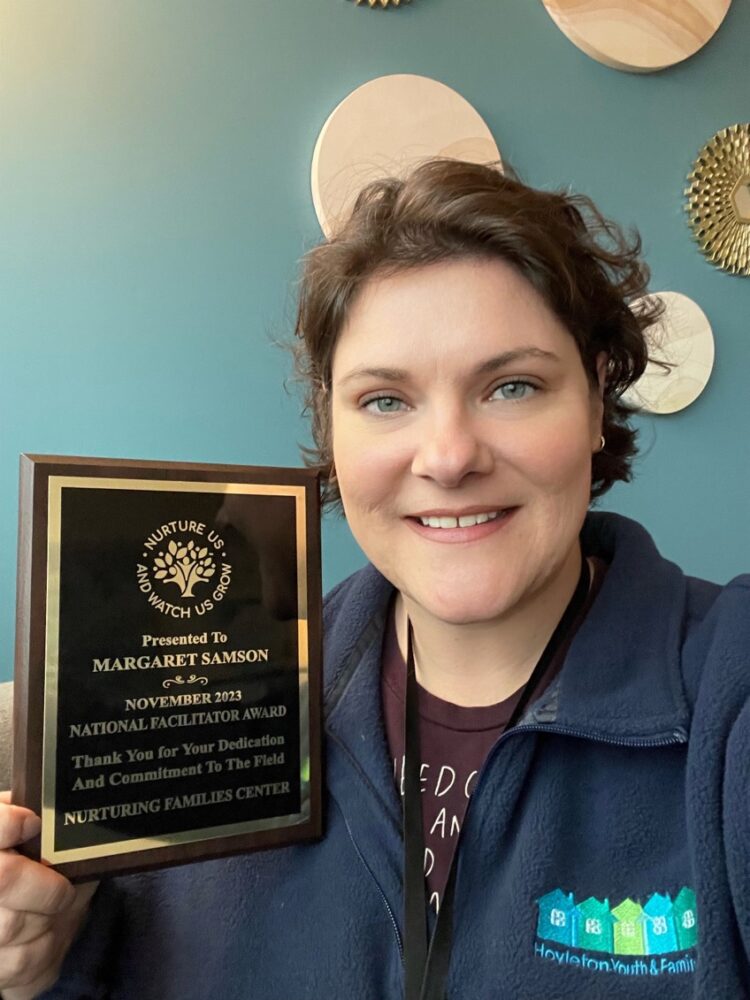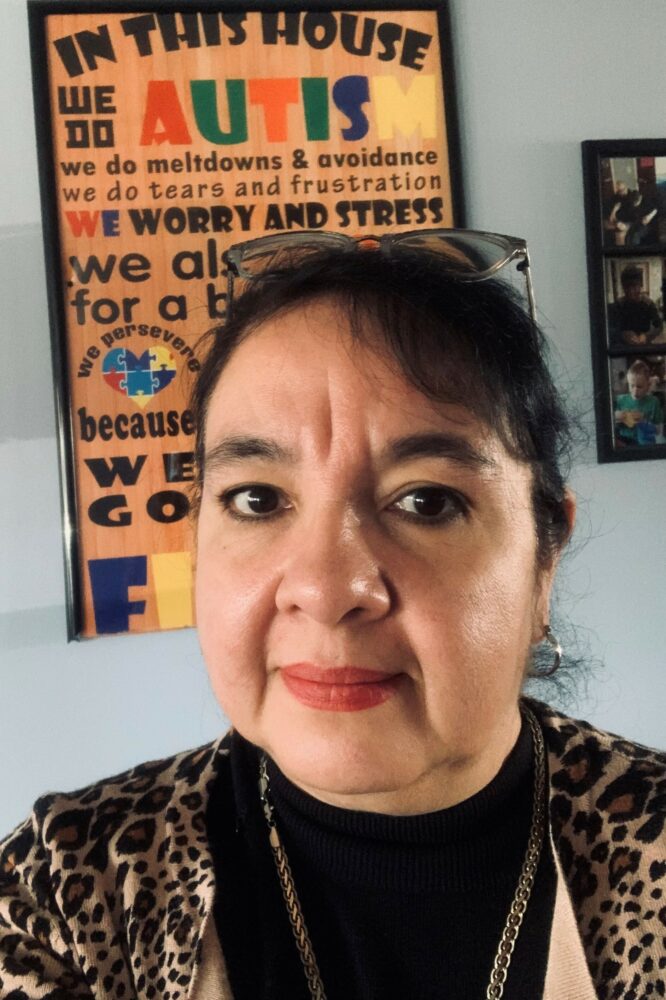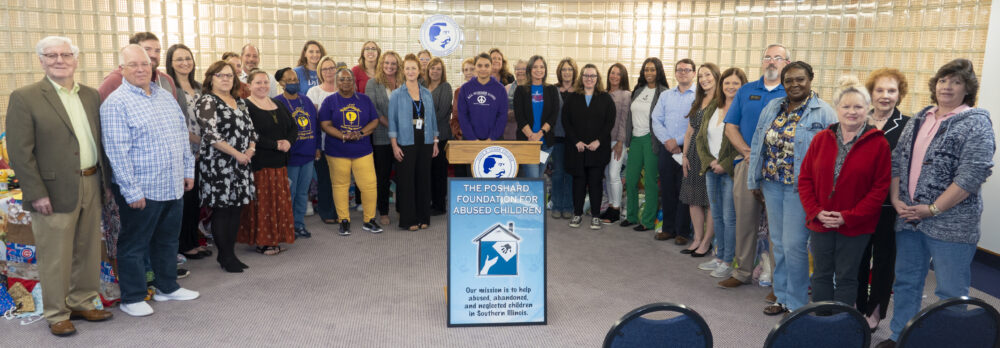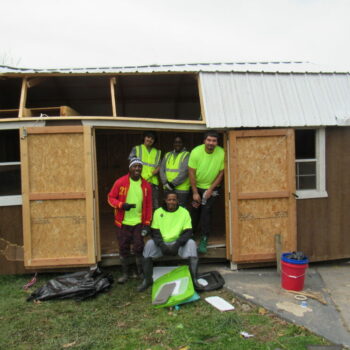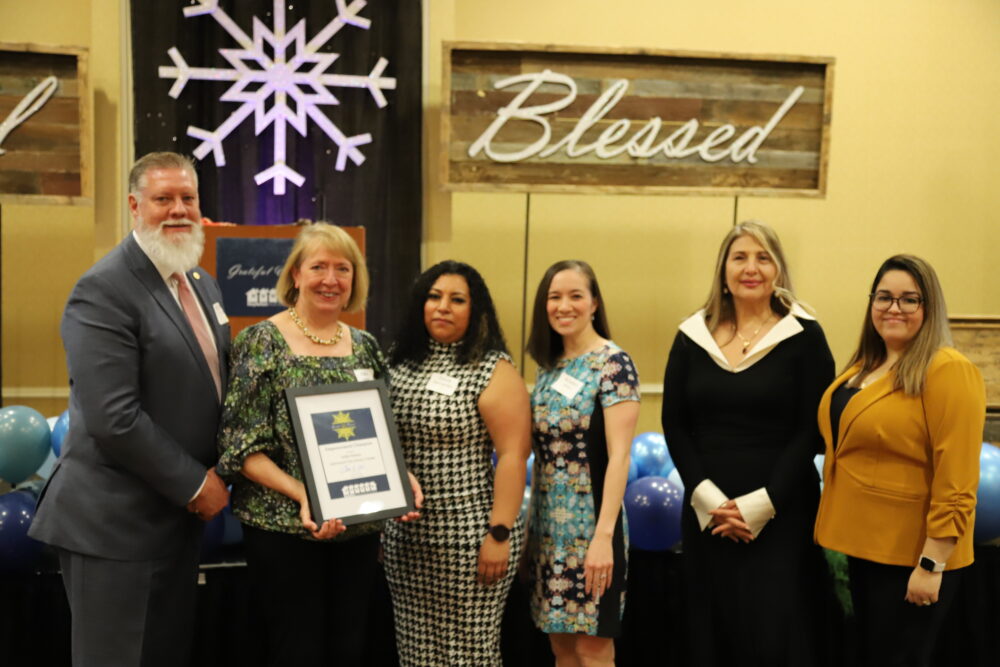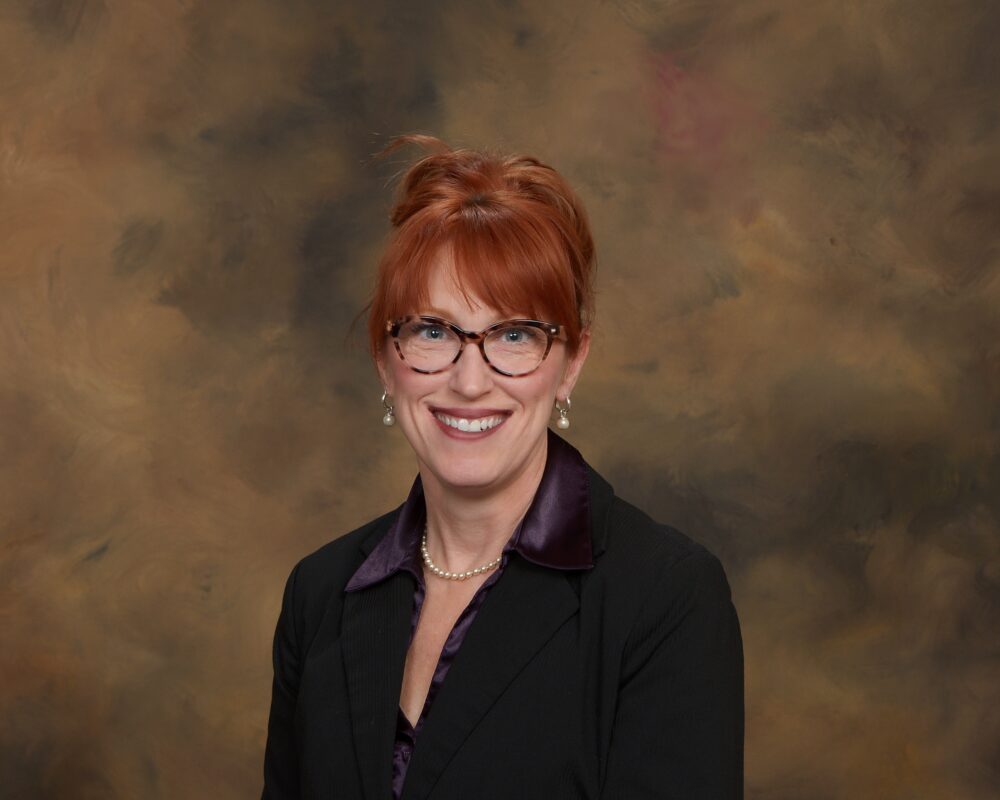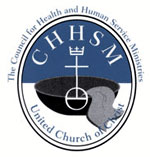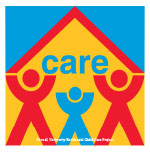Samson Honored as Facilitator of the Year
DATE: December 5, 2023
Margaret Samson, a mental health therapist at Hoyleton, has been awarded the title of Facilitator of the Year by Nurturing Families Center, a renowned program offering the Nurturing Parenting Program (NPP). This family-centered, trauma-informed initiative aims to promote nurturing parenting practices and discourage neglectful or abusive ones. Sonya Thorn, the founder and CEO or Nurturing […]
READ MORE